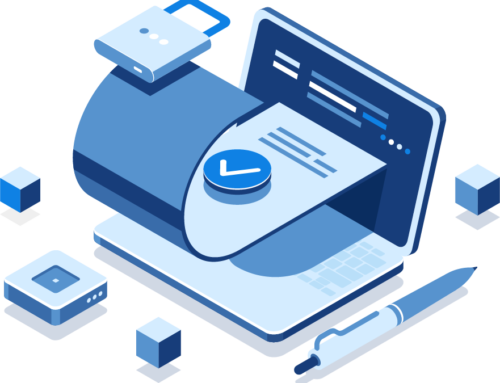An internet filter, also called a web filter or content control software, is a piece of specialized software designed to prevent people from accessing certain websites or content online. It is generally used to block content that might be deemed offensive, distracting, inappropriate, or dangerous. It is often used by families to protect their children from age-inappropriate material, but it also has a place in business and education as well.
How Does Internet Filtering Software Work?
An internet filter tends to operate using either a “allow list” or “deny list.” The former only allows users to access sites that are specifically chosen by whoever set up the filter, while the latter restricts access to sites that have been determined to be undesirable. When browsing the internet, these filters search the website’s content and URL, looking for restricted keywords and other information that indicates whether or not it should be blocked. If it meets the proper criteria, it will load as usual, but if it’s marked as blocked, the page will not load, and the user will typically get a message telling them that the filter blocked access.
As for how the internet filter is implemented, there are many different methods for setting one. Internet filters can be built into a web browser or installed onto one as an extension. Others are standalone programs on a computer or mobile device, sometimes paired with a larger cybersecurity suite. Some even set up a filter inside of their router, meaning that everyone using a device connected to it has the same restrictions placed on them. On top of all of these, an internet filter can also be installed on the network side of things, either by an ISP or a business, which can restrict internet access to multiple users at once.
Why Do People Use Internet Filtering Software?
There are many different reasons why people invest in internet filtering software. For one, it is an excellent cybersecurity tool, greatly reducing the risk of viruses, malware, and ransomware. Cybercrime is an ever-growing problem, as scammers developing increasingly clever ways of tricking users into downloading malware or revealing personal information. Even younger generations who are typically more tech-savvy than their parents or older siblings fall prey to online scams and cybercrime on a regular basis, so the best option is to limit the opportunities for criminals to reach them in the first place.
Then there’s the obvious: there is a lot of inappropriate, distracting, and downright toxic content on the internet, from violent media and hate speech to gambling and pornography. This type of content is so common and easily accessible that many people end up stumbling onto it without even intending to. This presents a lot of challenges: for parents, there is the very real possibility that if they aren’t paying attention, their child could or watch something that they aren’t emotionally prepared for. For business professionals, it makes it hard to be productive when you have a million distractions available at the push of a button.
Some even use online filtering software to help with their personal growth or to kick certain bad habits. The internet facilitates a lot of negative behaviors, such as gambling or porn addictions. Whereas decades ago, you needed to physically acquire pornography or go to a casino, now you can feed your vice from the comfort of your home. For those working to break those habits and practice better restraint, an internet filter can be a good way to remind you of your obligations and create an extra layer of accountability.
When it comes down to it, internet filtering is about security. Not only does it ensure that your network is safe from outside threats, but it also keeps the people in your life safe as well. So whether you’re a business person looking to keep your employees productive or a parent hoping to protect their child from harmful content, internet filtering is your best option!





